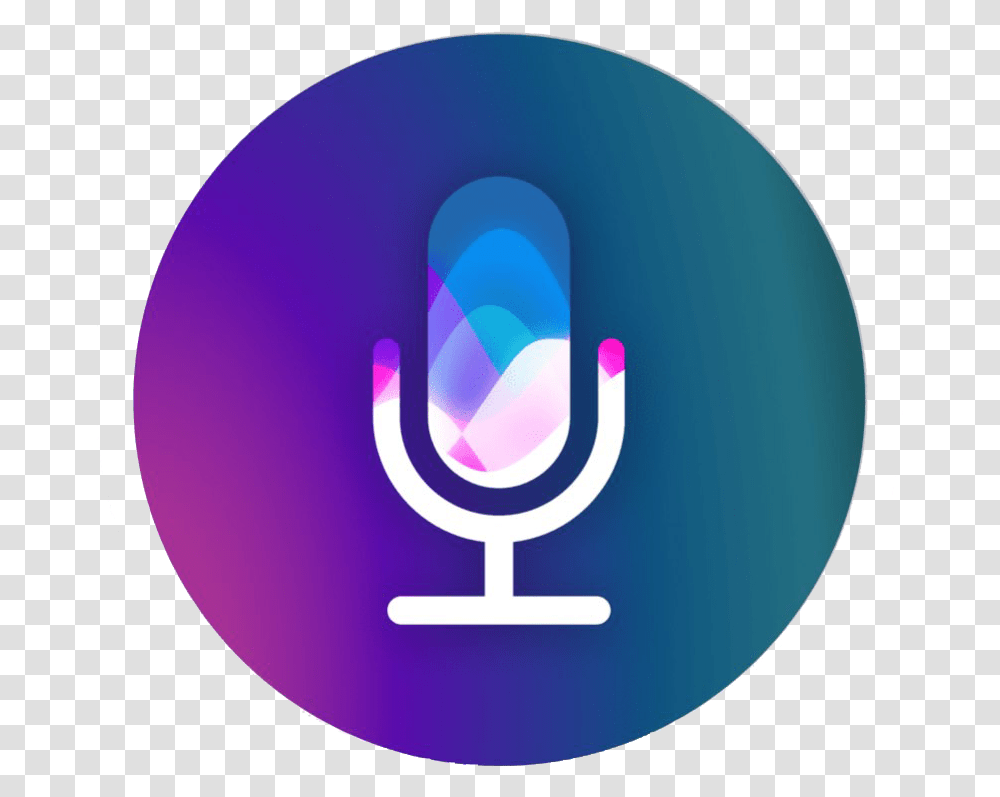Is your website’s organic traffic (and visibility in search engine results pages) falling short of your expectations? One of the causes could be that your website isn’t geared for voice search.
If you want to improve traffic from voice assistants like Alexa, Siri, or Google Assistant, you must follow a few key voice search SEO principles. They can act as solid foundations for your complete SEO campaign if implemented appropriately.
For organizations that want to dominate search results, voice SEO is no longer an option. In 2020, voice search will account for 30% of all browser sessions. In the United States, voice assistants are used by 42.7 percent of the population.
Users are increasingly using their iPhones, Android phones, or smart speakers to make voice searches, asking the digital powers for directions, weather updates, or if local stores offer an item they just saw online.
Today, when someone makes a Google voice search for “Where can I buy masks?” we hardly notice anymore. or “Alexa, why isn’t the music playing?” People without smartphones or smart speakers are beginning to appear ancient.
But, before we get into the importance of voice search in today’s world, let’s take a closer look at what it is.
What Is Voice Search?
The most noticeable change in how individuals search using voice assistant devices has occurred as internet searches have transitioned from largely desktop-driven to mobile-driven.
People are opting hands-free for their searches, whether it’s with Apple’s Siri, Google’s Home, or Amazon’s Echo gadget. As the popularity of voice search grows, here’s what you need to know about optimizing your website so you can keep reaching out to your loyal clients.

People can request information via voice search, also known as voice-enabled search, rather than typing text into a search box.
The development of voice search technology has been spurred by the trend of simplifying and streamlining the search process for better user experiences. By substituting keyboard-entered inquiries with this popular user interface, you can save time and exert less effort.
Digital voice assistants interpret and transcribe human speech into text, analyze the text for inquiries and requests, connect to external data sources such as search engines to identify relevant information, then translate that information into a consumable manner to satisfy the user’s goal.
How to Optimize Your Site for Voice Search?
There are many ways using which you can optimize your website for voice search. Here are some of the ways:
- Focus on Long-Tailed Keywords and Phrases
The focus of the search has shifted away from short, uncomfortable keywords and toward long-tail phrases or sentences. Because voice searches do not employ natural language, this is the case. When speaking, the phrases and keywords utilized differ from what you would type into a Google search. So keep that in mind when conducting a voice search. - Search for Natural Keywords

When utilizing voice search, consumers are more likely to employ a conversational tone, as previously stated. As a result, when conducting keyword research, it is critical to look for natural search words. Start by looking at the search terms that your current visitors are using to locate your website. - Make Your Content Mobile Friendly
Because of the rise of voice search, how the material is optimized has altered. That means you won\’t have to optimize your content for a certain device, like a laptop or a smartphone. Instead, you can tailor it to the most commonly used device. If you get a lot of voice searches on a mobile device, you should make sure your material is optimized for them. - Create Compelling Persona-Based Content
When it comes to optimizing for voice search, brevity, context, and relevancy are crucial. What this means is that, in addition to your typical SEO strategy, you’ll need to focus on writing extensive answers to popular questions and addressing simple questions simply and concisely. - Optimize for Future Snippets
The box that shows just below the search bar is known as a Google snippet. Snippet boxes provide quick access to information from a relevant website—for example if you Google the top 15 burger restaurants in Chicago, the Google snippets box will almost always include a numbered list. By optimizing for voice searches, brands should strive to appeal to these snippet boxes.
Benefits of Voice Search Optimization
Voice search is one of the most rapidly evolving trends nowadays. A new era of voice technology has emerged with the introduction of digital voice assistants. What appeared to be a sci-fi movie fantasy has become a reality, simplifying our daily tasks.
Our voices will always be the best communication tool we have, no matter how advanced technology and software get. After all, we’re born with the ability to communicate, and for the majority of us, speaking quickly is as natural as thinking.
Voice recognition technology has advanced well beyond the smartphone in just a few years. Smartwatches, computers, gaming consoles, smart speakers, and other devices now have it as a common feature. People aren’t only using it to look up information on the internet. They’re using their voices to operate smart home devices, send texts and emails, and even make payments.
Here are some of the top benefits of vice search optimization.
- Increases Website Traffic
It’s the most obvious benefit, as voice search optimization will increase your website traffic by making it easier to find and rank higher in search engines. It also improves the user experience because your web pages will present consumers with the specific answers they want in a more efficient manner. - Creates a Better Customer Experience
It’s all about staying relevant in business to succeed. Voice search optimization is a tried-and-true method of keeping your business relevant to your target audience. It’s a never-ending ambition to improve your relationship with your customers. If you can give your customers a more personalized experience, you’ll be able to form a stronger bond with them. - Raises Brand Awareness and Visibility
By optimizing your websites for voice search, your company will appear on the first page of results for any voice search query, and will most likely outrank your competitors. Users will visit your page rather than any of your competitors, and even if they haven’t heard of your company before, you’ll build a positive impression by providing a solution to their problem. - Puts You Ahead of the Competition
Isn’t it ideal for your consumers to stay with you indefinitely? That’s only achievable if you’re committed to ensuring that no competition can provide more value to your customers than you can. If your competitors use a voice assistant and you don’t, they’re likely stealing some of your customers. - Brings More Store Visits
Voice search has primarily been utilized for local searches, such as finding a nearby restaurant or drugstore, and it’s a terrific method to attract more people to your stores. Users who use voice search are more likely to receive immediate responses and make purchases. As a result, simply appearing on the results pages will enhance your chances of attracting more clients to your organization.
Voice Search Trends to Watch Out for in 2022
Voice interfaces are evolving at a breakneck pace across all industries, including notable advances in healthcare and banking. To meet market expectations, several corporations are launching their own voice technology.
Here are some of the voice search trends to watch out for in 2022.
- Smart Speakers Drive Voice Search Adoption
Smart speakers are getting more popular in homes all over the world. Early Alexa and Siri products were merely unique and interesting; it was amusing to ask Alexa ridiculous questions just to see how “she” would react. However, voice technology has advanced significantly, and new hardware like Google Home and Apple Home Pod opens in a new window has been released. - Keyword-focused Search Is Becoming Less Popular
Searching on websites and search engines such as Google has entailed entering a few phrases into a search field. Modern internet users are increasingly abandoning the old manner in favour of more conversational questions.
- Voice Push Notifications are Gaining Momentum
Voice notifications are useful features that allow consumers to interact with their devices more effectively. Reminders, promotions, and information can all benefit from notifications. Push notifications can help businesses engage customers by promoting specials or providing information about certain products. - Voice Search Is Spreading to Brick-And-Mortar Stores
The use of voice search is not limited to personal gadgets; many physical stores are taking advantage of it as well. Using voice-first technology, such as a voice-enabled kiosk in a physical location to assist customers in finding things, can ensure that someone is always available to improve the customer’s real-life experience. - Voice Search for Local Search is thriving
Local results are becoming increasingly popular among users. Consumers are increasingly embracing voice technology to find local restaurants, businesses, and locales. Voice assistants recommend local SEO-optimized voice search entries for searches.
The Final Word
Voice Search Optimization is a relatively new technology that will only grow in popularity as time passes. If you want your firm to grow – or continue to thrive – you can’t afford to ignore the adoption of this technology.
Because voice search optimization is so tightly tied to SEO tactics, integrating it today just provides you with a higher chance of engaging your customers and becoming more visible online.
Voice-enabled searches are here to stay, and their popularity is only going to grow as we learn more about technology’s potential. Quick and relevant responses, as well as a variety of flexible and accessible options, only add to the appeal of such a feature.
Businesses can take advantage of it by employing tactics that, unsurprisingly, are similar to those used to boost SEO ranks.